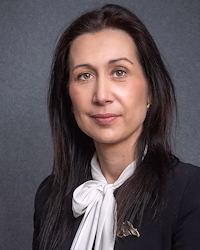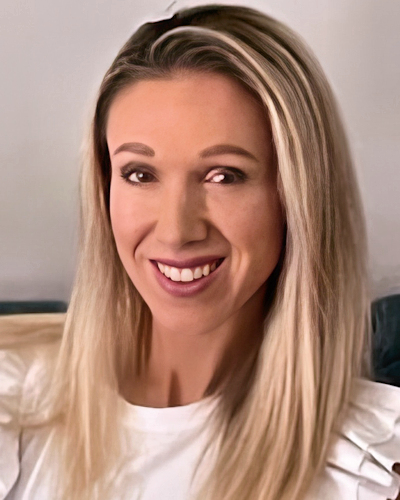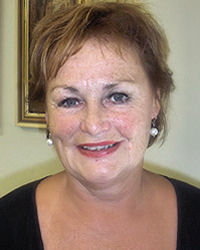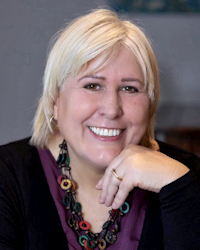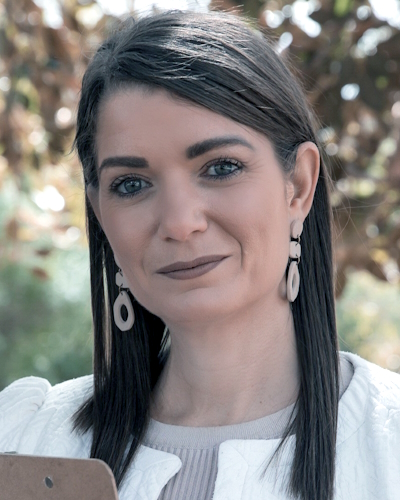Alissa Knight
So much! The world we live in has drastically changed over the past 20 years. There is recent concern among parents, educators, psychologists, and other healthcare professionals about how these...
So much! The world we live in has drastically changed over the past 20 years. There is recent concern among parents, educators, psychologists, and other healthcare professionals about how these changes in our society may be affecting the mental health of Australian female children, adolescents, and young female young adults. Indeed, results from a recent Australian National Youth Mental Health Survey taken in 2020 -2021 showed Gen Zer's are reporting the highest rates of anxiety, depression, trauma, stress, loneliness, unemployment, housing stress, educational disruption, eating disorders, substance abuse, and social anxiety, ever since in history!
With increasing direct and non-direct family violence prevalence, childhood adversity, widening income and wealth inequality, alarming access to a multitude of online social media technologies ushered within a digitally enhanced world, growing pressure to compete against peers in a variety of sectors including: school, university, work, sport, and body image, and the recent impact of COVID-19, mild and chronic mental health conditions, including suicidality among Australian youth, has proliferated over the past five years to a level never seen before in history.
Of particular concern is the study findings showing the average number of young girls in South Australia requiring in-patient treatment for eating disorders has exploded in the last three years by nearly 300%. This was accompanied by an increase in referrals for outpatient eating disorder treatment that nearly quadrupled when compared to pre-pandemic data. There has also been an estimated 200% increase in the demand for psychological services in the last two years since the COVID-19 pandemic, which is suggested to be close to impossible at present to meet anywhere in Australia due to a dire lack of resources, clinicians, healthcare facilities and funding.
What would I love to see? I would love to see South Australian girls and woman free of negative body image ideals that were created generations ago, but are still alive and well today. Free of the societal expectations and standards that they are meant to be the caretaker and always in the shadow on men and boys. That they can be equally respected and considered vital contributors to society in all workplace industries, and have the opportunities to fair justice and equality. A future generation of girls and woman in South Australia who are smiling happiness through their eyes because they are embracing who they are with confidence and an empowering knowing of how special and important they are.
As Much As I Wish I Could Literally Go And Make My Life's Mission To Eradicate All Of Social Media, Every Single Platform Tik Tok, Instagram, Facebook One By One, Technology Is Silent Assassin That Has Been Wrapped Up In So Much Addiction By The Greatest Leaders Of This World There Doesn't Appear To Be Much We Can Do To Stop It Yet! And I Say Yet Because I Still Hold Hope That At Some Point It Becomes So Catastrophic For Mental Health, They Just Declare It A Pandemic Problem.
If optimal mental health is the catalyst to healthy longevity in all sectors of health and life, then what I would love to see first and foremost more tailored treatment approach options for youth with eating disorders and body image issues in South Australia that have not recovered previously with conventional models. More psychology experts willing to step out into the community and do more on the prevention side of things in schools, seminars, social media, charity events.




